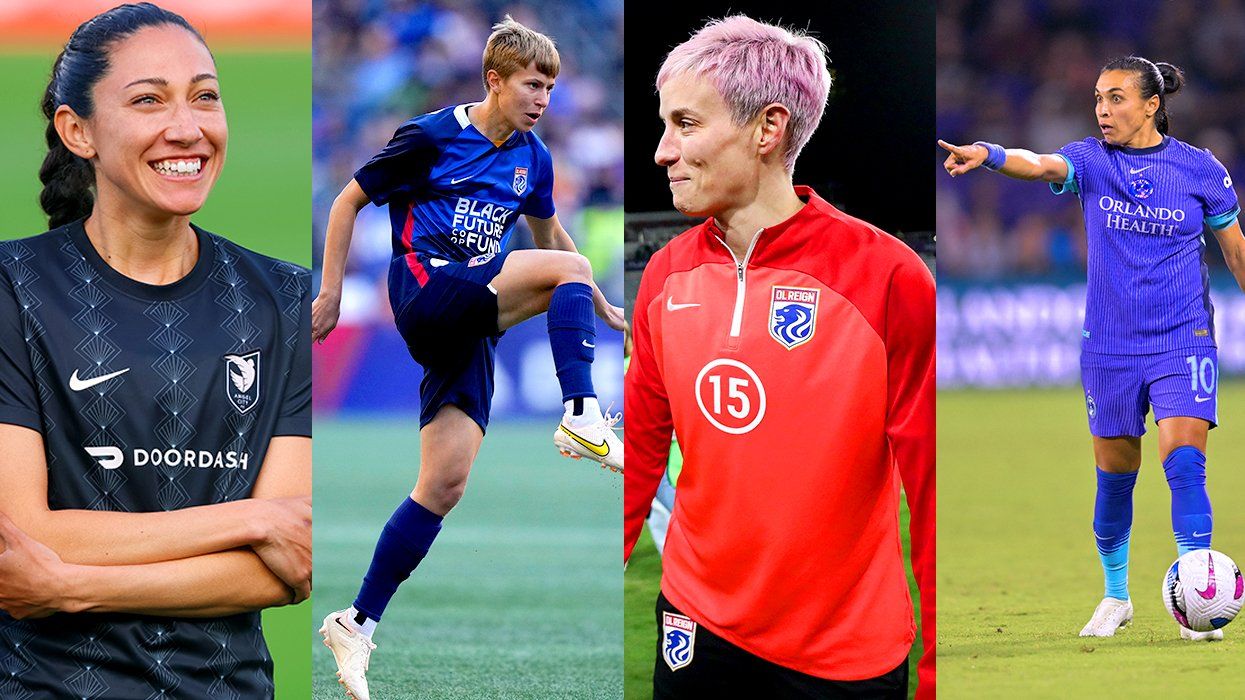Long before the African- American celebrity gossip, news, popular culture and entertainment blog Bossip.com outed Dana Owens a.k.a Queen Latifah with photos of her and gal pal and “personal trainer” Jeanette Jenkins in a tender embrace not for public viewing, the century-long reliable "chitlin' circuit" told us our closeted Queen was “in the life.”
Queen Latifah, however, emphatically refuted the rumors as scurrilous attacks.
“It's insulting when someone asks, 'Are you gay?' A woman cannot be strong, outspoken, competent at running her own business, handle herself physically, play a very convincing role in a movie, know what she wants—and go for it—without being gay? Come on, ” Queen Latifah wrote in her 1999 autobiography, Ladies First: Revelations of a Strong Woman.
But when photos from R&B soul diva Alicia Keyes’s recent nuptials of Queen Latifah and Jenkins intimately embraced aboard a private French yacht in France went viral on the Internet the public’s long awaited “Gotcha” moment was sad.
"My private life is my private life. Whomever I might be with, I don't feel the need to share it. I don't think I ever will, " Queen Latifah said in a November 2007 interview with People magazine, refuting rumors that she’s a lesbian.
Hip-hop culture displays a hyper masculinity and this male-dominated genre is aesthetically built on the most misogynistic and homophobic strains of Black Nationalism and afrocentricism. In 1989, at age 19, Queen Latifah changed the way many of us viewed hip-hop with her hit single “Ladies First” from her first album “All Hail the Queen,” rebuking misogynistic lyrics, and bringing to young women an uplifting message of self-respect and empowerment.
As one of the most prominent and influential female hip-hoppers of her generation, however, Queen Latifah hid her sexuality as a way to not only survive her own internalized homophobia, but also the musical genre’s.
"I feel more comfortable with myself--my sexuality, my mentality and my viewpoint" Queen Latifah told “People.”
And Queen Latifah’s viewpoint, even with these recent damaging photos of her with Jenkins, is hell-bent on not disclosing.
More on next page...
\\\
(continued)
What set off the on-going flurry of queries concerning Queen Latifah’s sexual orientation was her portrayal as a butch lesbian in the 1996 movie Set it Off. And the response from the African American community ranged from applause to outrage.
For her portrayal as “Cleopatra ‘Cleo’ Sims” Queen Latifah received the American Black Film Festival Award for best actress, and the NAACP Image Award for Outstanding Actress in a Motion Picture.
But within the hip-hop community Queen Latifah’s butch lesbian “Cleo” wasn’t well received; it cast her within this community as a liability, bringing attention to not only her sexual orientation but also bringing attention to the questionable sexual orientations of others. And, Queen Latifah’s emphatic denunciation of her lesbianism only fed more curiosity and intrigue about the “down-low” gay and lesbian subculture of hip-hop.
For example, former MTV producer, Terrance Dean, wrote a page-turning memoir titled “Hiding in Hip-Hop: Confessions of a Down Low Brother in the Entertainment Industry” depicting his “down low” dalliances with married Hollywood and Hip-hop’s leading black men “living a double life”.
“The very men who they think aren’t doing anything is the very man that is hiding in hip-hop,” Dean told Danica Dow in a 2008 interview with the hip-hop news website SOHH.com.
Dean’s book created enormous fear and angered among many prominent hip-hoppers. In a 2008 SOHH.com interviewed hip-hoppers Yung Berg, who’s first single "Sexy Lady" peaked at #18 on the Billboard 100, and Nelly, who’s ranked as the 3rd Top Overall Artist of the 2000-2009 decade by Billboard Magazine, about Dean’s book and “down-low” gay subculture of hip-hop.
“You could f*ck up a man happy home,” Yung Berg told SOHH.com. “It might be the dude who wear his boxers on backwards every damn day dats getting hit in the ss… homo damn dude u talk about in the book but he probably still got a wife and kids and you might f*ck up his life.”
Hip-hop artist Nelly shared his view on the matter stating, “Like I played sports a lot, you know, so I’m like ‘what goes on in the locker room stays in the locker room. It’s like a guy’s sanctuary. You may say some sh*t in here you don’t never want to get out there.”
Some argue that hp-hop forced Queen Latifah to be closeted. Others argue she had enough clout and crossover appeal to not worry about it. But Queen Latifah, no doubt, did worry about it.
For years, Queen Latifah has held private same-sex parties with all in attendance understanding to be on the “down-low” about it. That intimate and tender embrace Queen Latifah shared with her long-time lover aboard the yacht in France at Keyes’ wedding was to be on the “down-low,” too. But in those perceived stolen moments when you think no one’s watching, especially far out in the waters, are really when you’re most vulnerable. And it’s not because someone snapped a photo of you, but rather it's because you thought you could hide.
Get more from Rev. irene Monroe here!
Be SheWired's Friend on MySpace!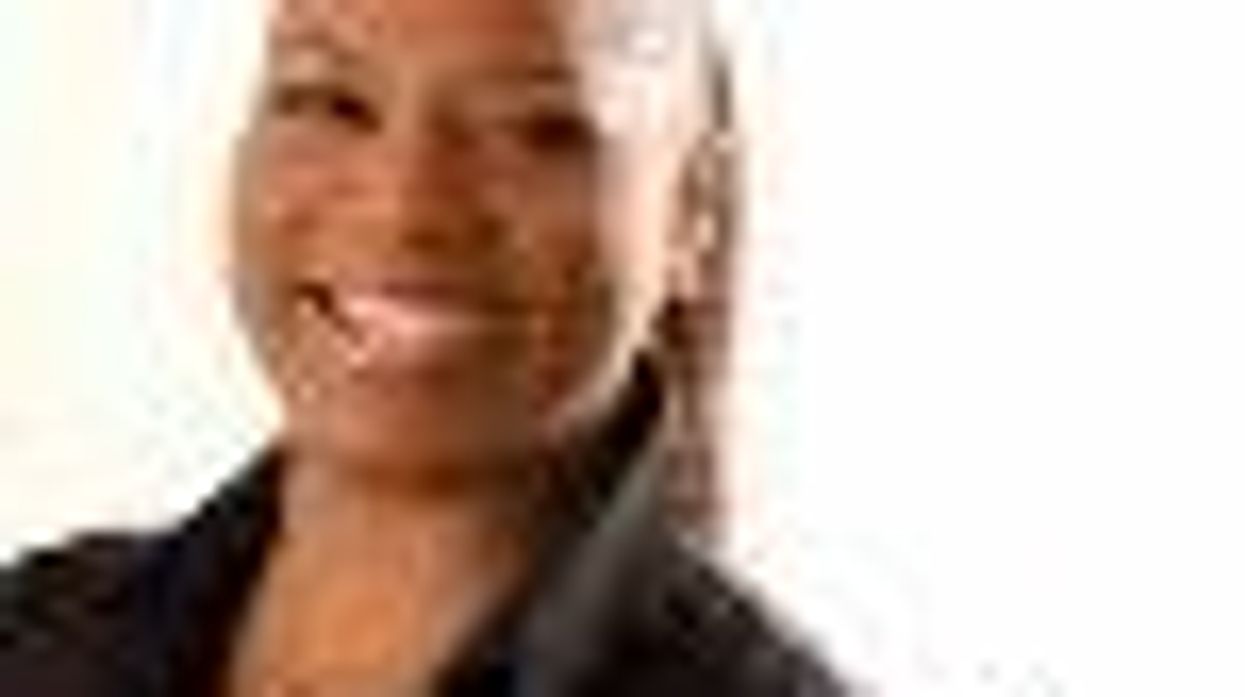












































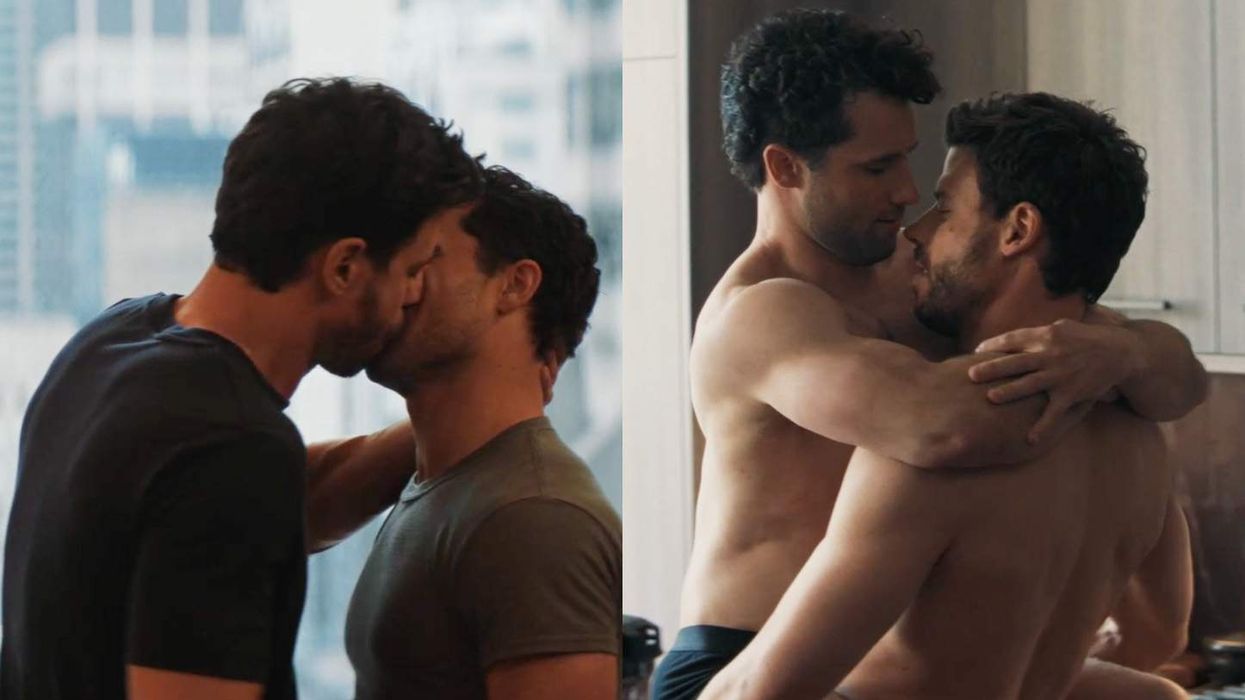


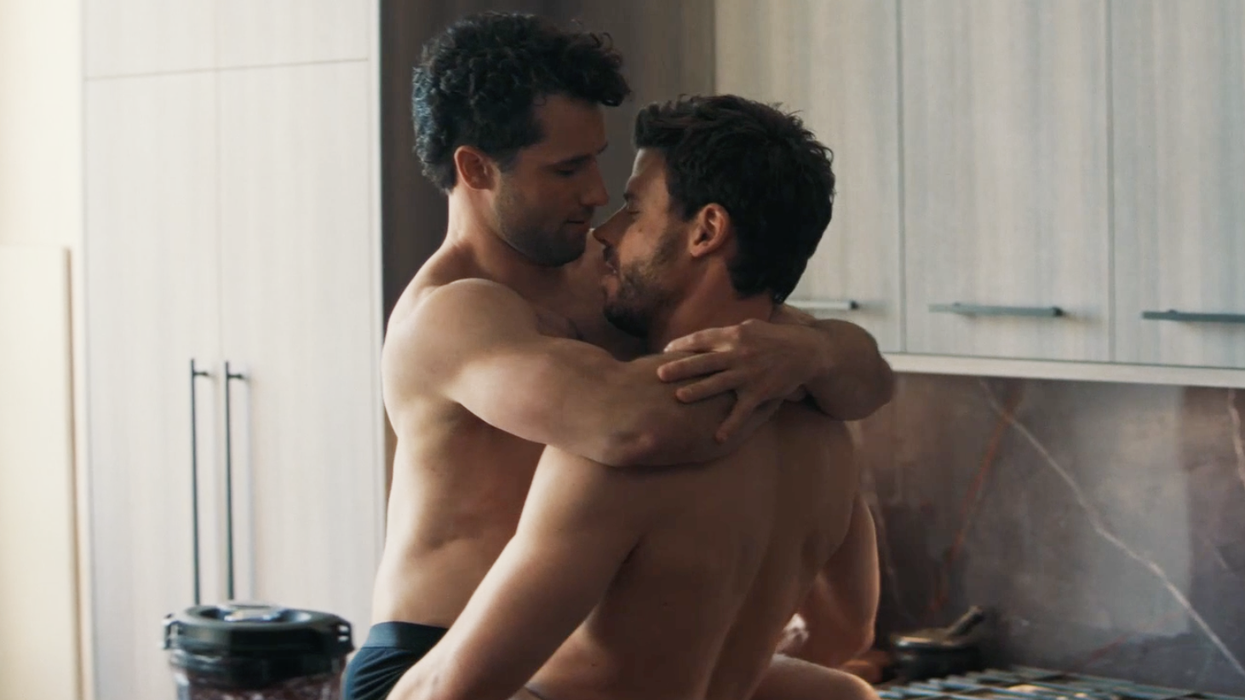
































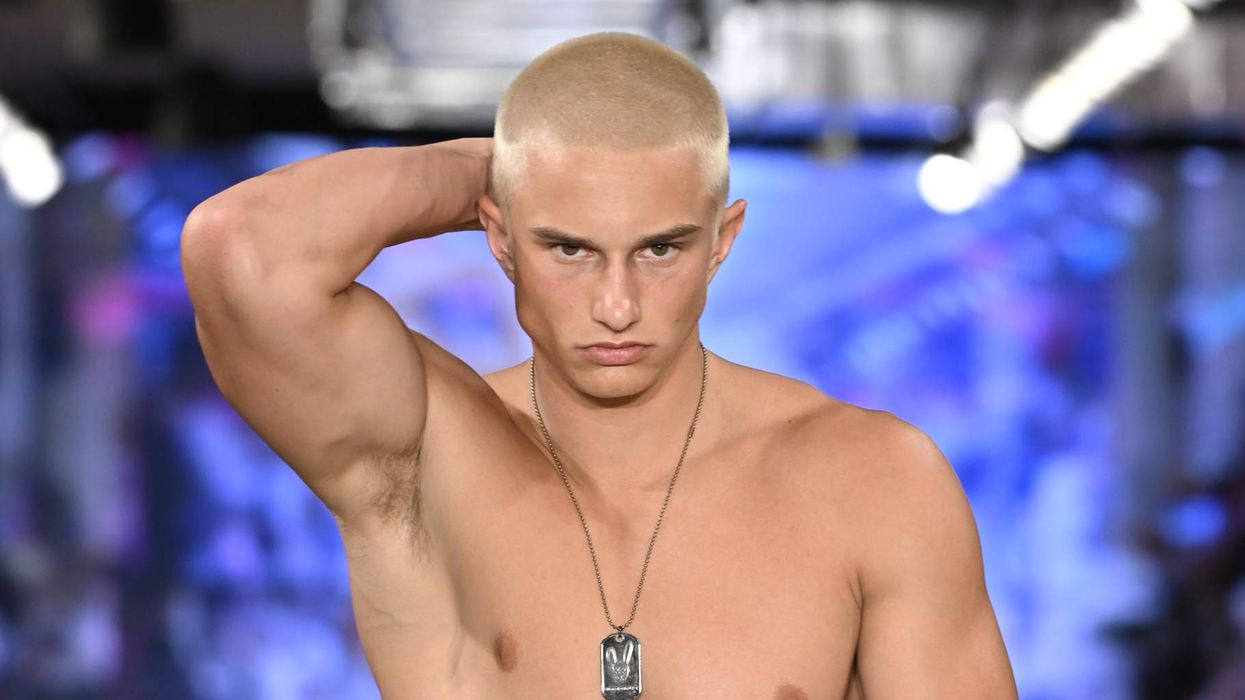

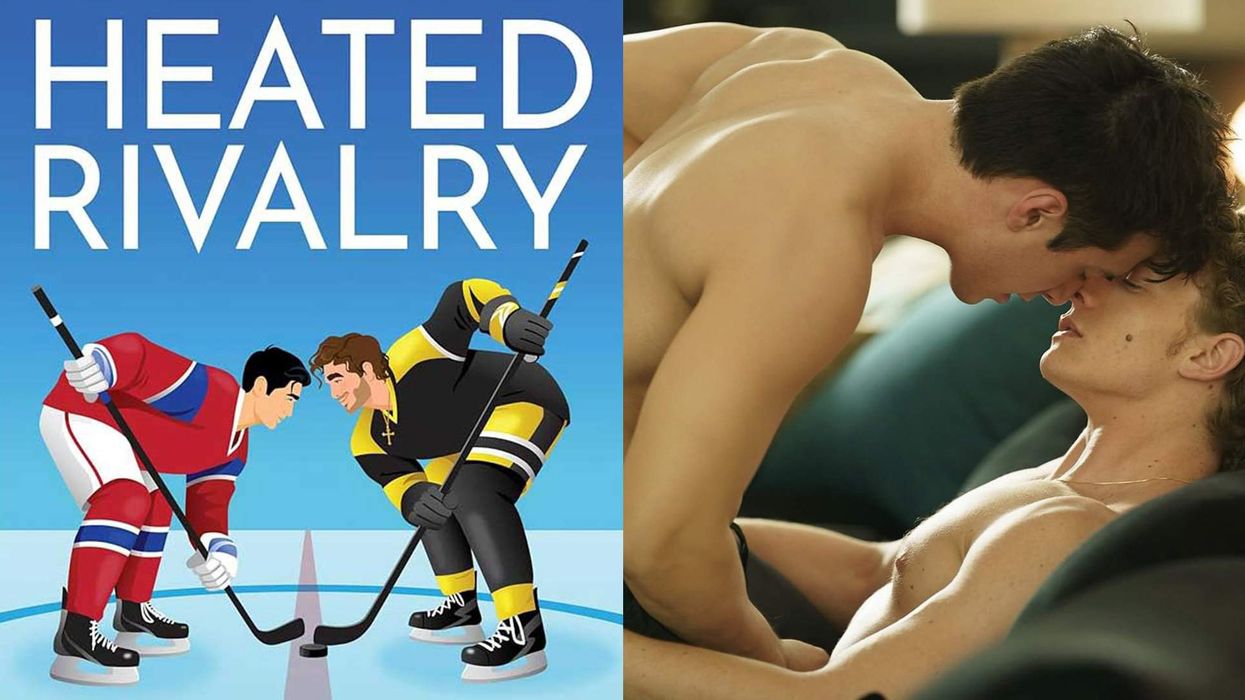
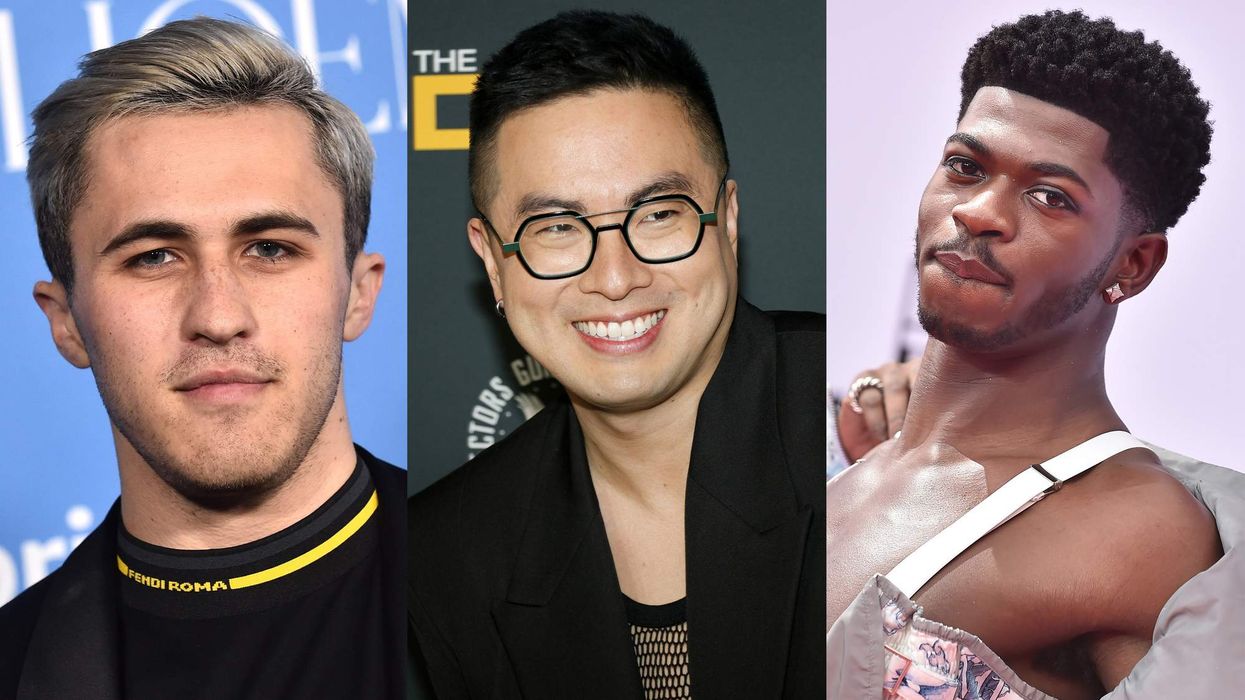

 Cindy Ord/Getty Images
Cindy Ord/Getty Images
























